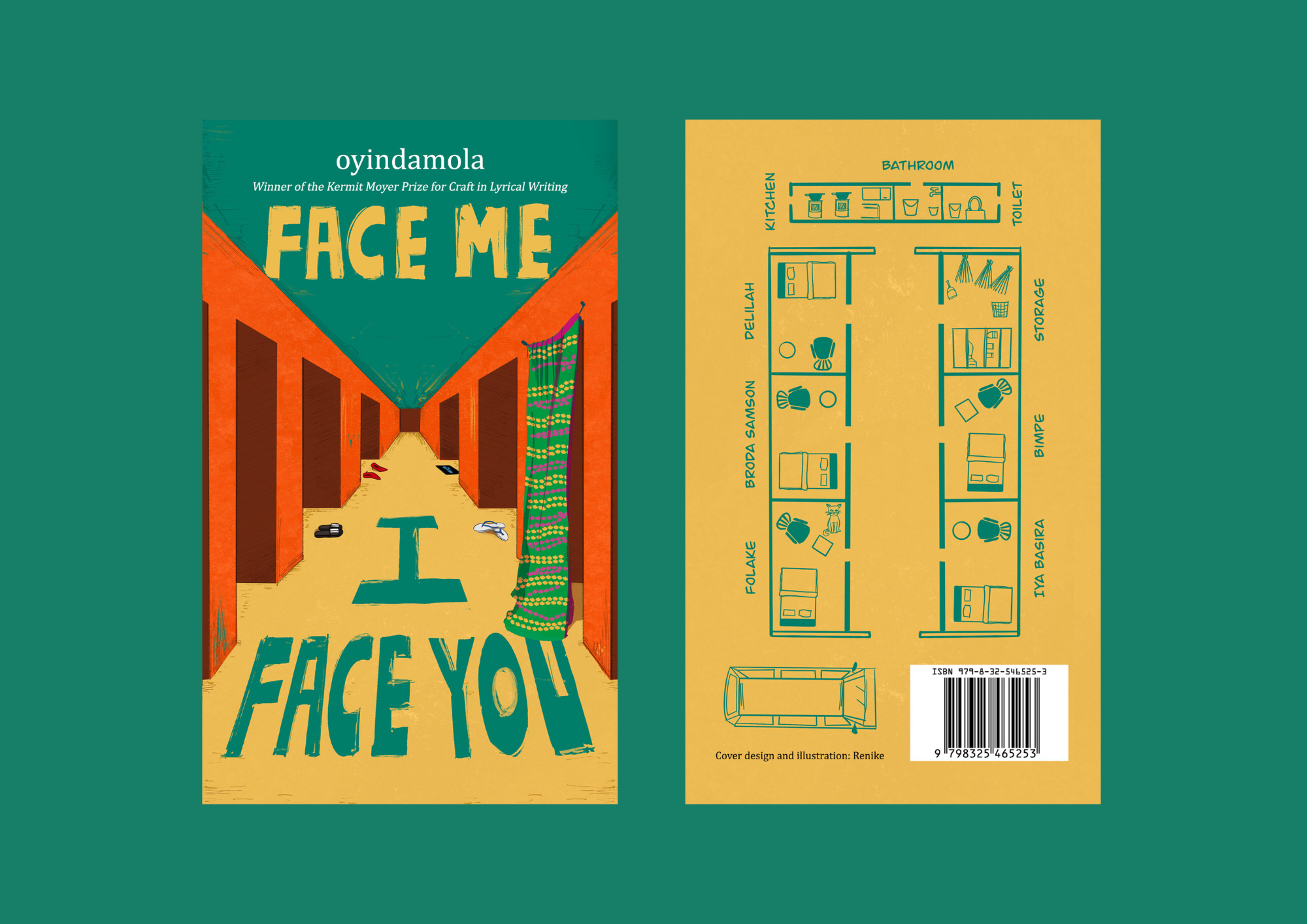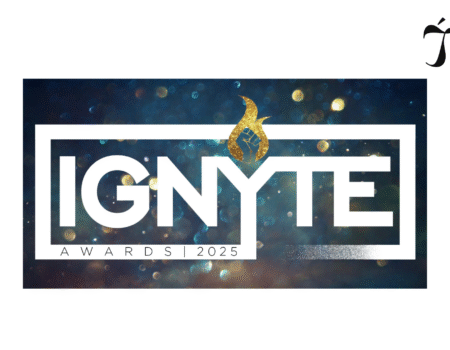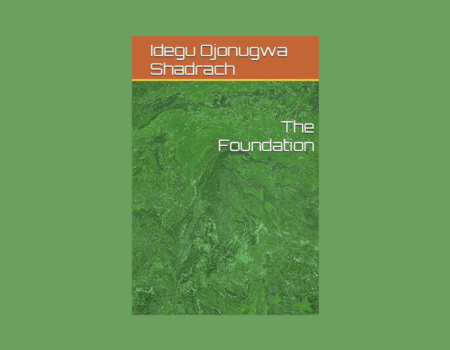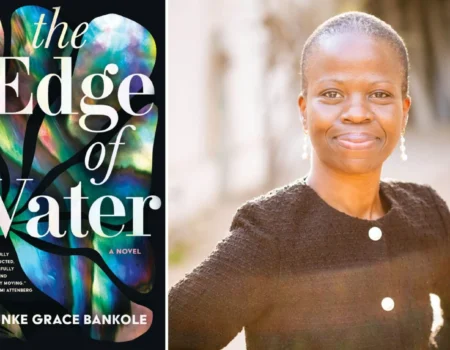If you’ve ever found yourself peering out of a window to catch a glimpse of your neighbours’ lives or politely asking them to turn down their loud music, you’ll find Oyindamola Shoola’s Face Me I Face You a deeply relatable read. The book explores a humorous journey through the chaotic yet captivating world of a Nigerian compound, where privacy is a scarce commodity and drama is a daily occurrence.
Face Me I Face You is a nuanced exploration of Nigerian life, identity, and culture, told through a collection of poems that delve into the complexities of relationships, love, and identity. The book is structured into three segments, each offering a unique perspective on the human experience.
The book opens with “Palava,” introducing us to life through the eyes of an unnamed narrator. She’s single and “of age,” which makes her a target for constant taunts and unsolicited advice. Her mother gives her a bombastic side-eye whenever she twerks to Cardi B’s ‘‘I don’t cook, I don’t clean, but let me tell you how I got this ring.’’ Aunty Sola can’t stop asking when she’ll get married, and Mama Sade’s unending prayer vigils wake the entire neighbourhood but never curb Baba Sade’s promiscuous escapades. Then there’s Sade, who won’t stop talking about her boyfriend. But does her boyfriend truly love her, or is it just the Efo Riro this unnamed character cooks that keeps him around? The suspense of Sade’s relationship adds an intriguing layer to the story, keeping you hooked until you find out its fate. One of the most humorous parts of this segment is Sade’s prayer for unthinkable things, treating God like a business dealer. It’s a reflection of the quirks and contradictions that make “Palava” not just a story but a mirror of our everyday lives.
‘‘🎶 Face to face is another way of life for this country. This face me I face you house dey cause katakata. Fight today, enjoyment tomorrow. Cook for the same kitchen na wahala, baff for the bathroom na palava… 🎶”
The second segment, ‘‘Face Me I Face You,’’ reminded me of the popular Nigerian comedy-drama series Face 2 Face. The theme song of the series perfectly encapsulates the chaos of living in a face me I face you apartment.
The segment delves into the lives of the characters living in a face me I face you compound. The unnamed narrator, tired of the marriage taunts, moves out of her mother’s house, where she lives rent-free, into one of such buildings, where keeping secrets is nearly impossible. This segment resonated with me on a personal level, reminding me of my first apartment in college—a face-me, I-face-you setup where I experienced everything from loud neighbors to boy drama that I sometimes wished I hadn’t missed.
Here, we meet Delilah, the sex worker who believes she’s the most beautiful woman in the house. BroDa SaMson is infatuated with her, despite her constant rejections. His persistence is both amusing and telling—when a man truly wants something, he chases it relentlessly, though whether he succeeds is left to you to find out in the book. We also meet Bimpe, another single pringle in the house, who knows exactly what she wants in a man: 6-pack abs, 6 figures, and 6 feet tall. Her high standards are humorously contrasted with her interest in BroDa SaMson, who is just as captivated by Delilah as he is oblivious to Bimpe’s advances. The segment also touches on the universal Nigerian tradition of making New Year resolutions that are rarely kept. It’s a theme that is both funny and a little too real, reminding us of our unfulfilled promises.
The final segment, “Water and Garri,” explores the romantic bond between the now-identified narrator and her lover. Their first meeting is awkward, yet it sparks a connection that becomes unbreakable. The narrator’s fluctuating feelings—One minute, she’s jealous about her lover going out on dates with other ladies, and the next minute, she is ignoring her lover’s texts and ‘‘dances to the tune of his calls’’—are a reflection of the complexities of love, especially when one has been hurt before. Their love story is both quirky and touching, symbolized by the unforgettable line: “My love for you is 4789 9304 2203 0006 PIN 1234.” It’s these kinds of unique expressions that make their relationship feel real and relatable. By the end of the book, you’re left with a smile on your face, pondering on your relationships and the delicate dance of love.
Oyindamola Shoola’s Face Me I Face You is more than just a collection of poems; it’s a vibrant portrayal of Nigerian life and culture, particularly the Yoruba culture in Ibadan. The book’s simple yet evocative language makes it accessible even to those who don’t usually enjoy poetry, just as Tolu Akinyemi (Poetolu), who wrote the foreword, noted. It’s a pocket-sized treasure that you can finish in under an hour, but its impact will linger long after you’ve turned the last page. Complete with a nostalgic playlist featuring African artists, this book is a sensory delight. Whether you’re looking for a laugh, a reflection on life, or a glimpse into the rich tapestry of Nigerian culture, Face Me I Face You delivers it all. Don’t just take my word for it—grab a copy and immerse yourself in this unforgettable journey.
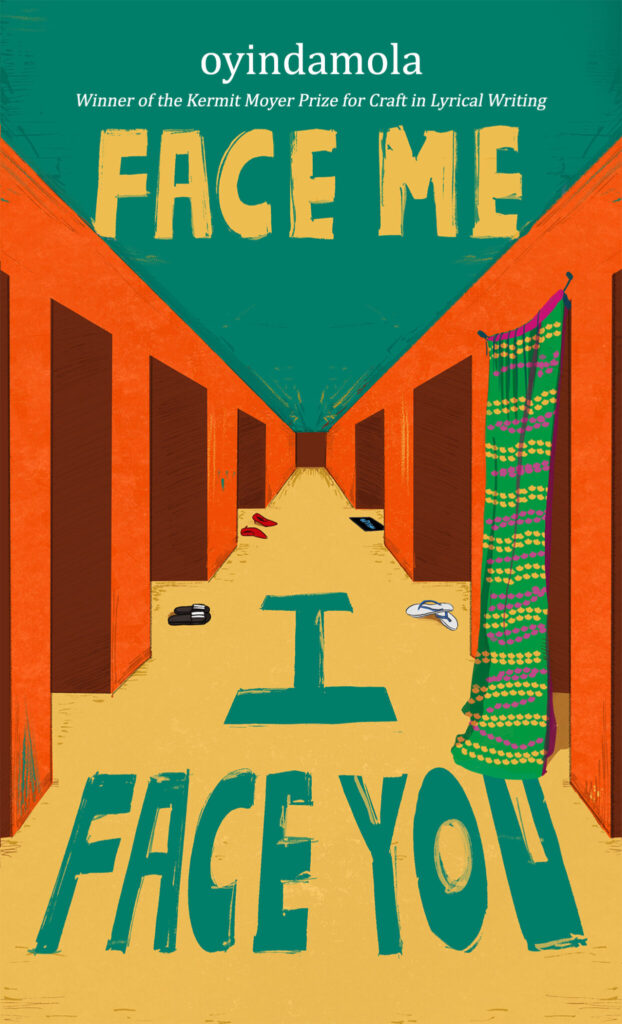
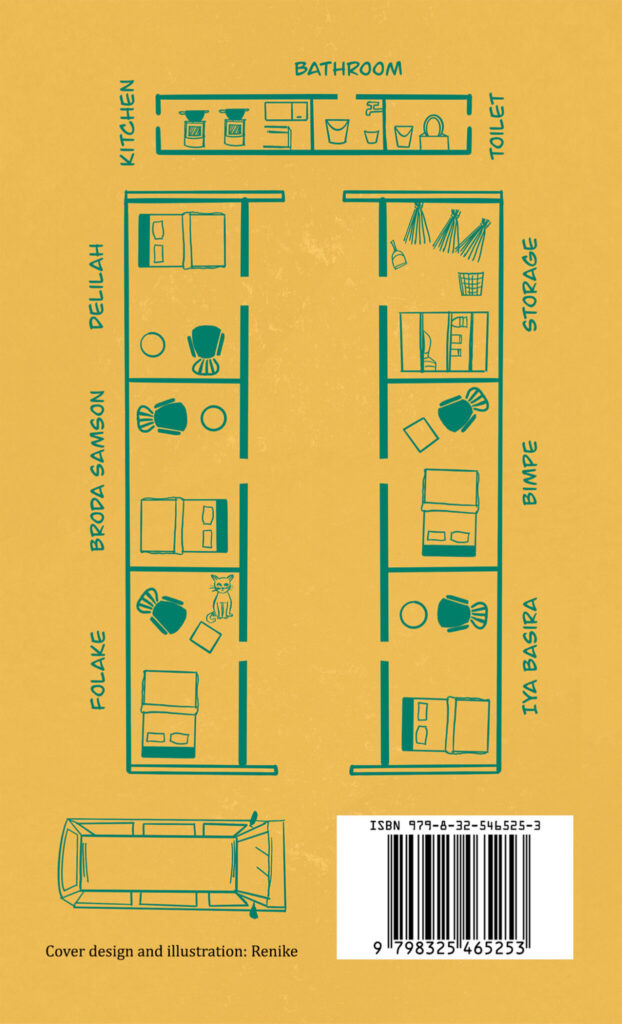
Adeola Oke
Adeola Oke is a versatile Nigerian writer whose works have been published on pages of esteemed publications like Sprinng, Kalahari Review, Zenpens, and Spur Nation Magazine. Explore the world of her words on Medium https://adeolaoke.medium.com/ and her blog https://adeolaoke.wordpress.com/.

